0

Tracy Reese
Before Michelle Obama started rocking her styles, Reese already was a star. The first lady just took her into the stratosphere. Her father provided some financing to help her launch her line in 1997, and it took flight. Her sophisticated, trend-setting dresses have also been worn by singers Beyoncé and Alicia Keys and actress Eva Longoria.
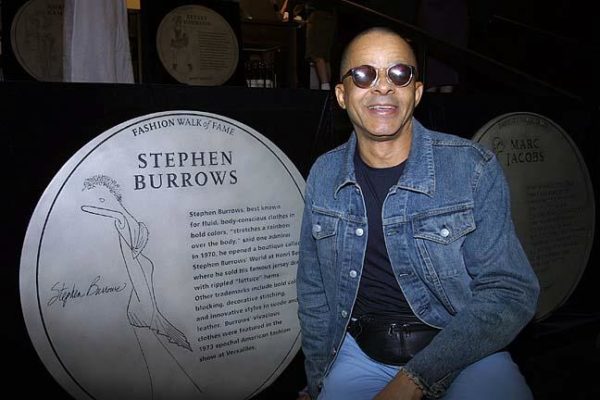
Stephen Burrows
Burrows launched his namesake line in 1963 and became one of the first Black designers to gain international respect. He owned the disco era and won the Coty Award for best women’s wear — the first Black designer to do so. Still going strong, his pieces are worn by media mogul Oprah Winfrey and supermodel Naomi Campbell, among others.
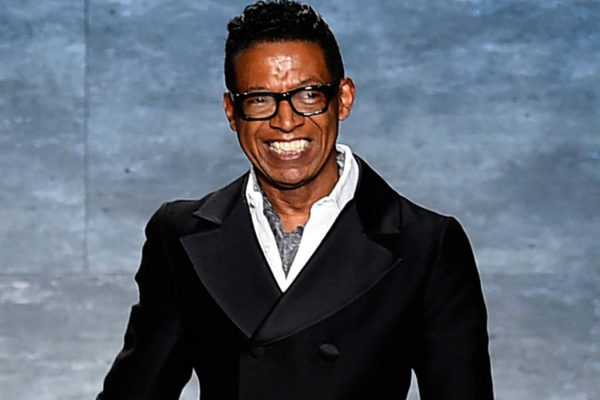
B. Michael
Michael’s keen combination of simplicity and glamour helped the launch of his couture line in 1999 to significant critical praise. This was a relief to the former Wall Street worker. Now, he’s a dominant force in the game, creating fashions for the likes of actress Halle Berry, tennis stars Venus and Serena Williams and singer Beyoncé, among other celebrities whose fashion sense is highly respected.

Russell Simmons
The rap mogul extended his brand into fashion in 1992 with Phat Farm, a line that was a symbol of the shift in urban fashion. Rappers went hard on Phat Farm; it was a sign of cool and success. Even more significant for the brand, Simmons executed a cross-culture plan that exponentially extended its reach and appeal.
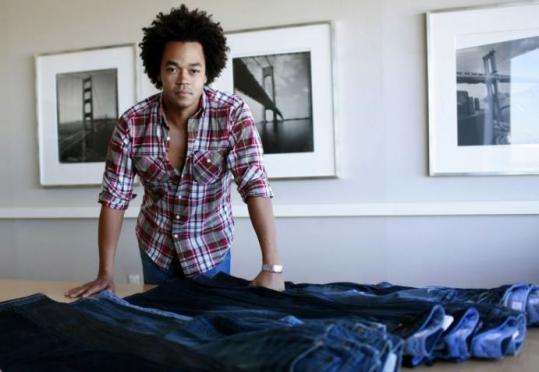
Patrick Robinson
Robinson took a different approach from many designers. Instead of focusing on his line, he blossomed through his impressive work at other brands. He flourished at Giorgio Armani, Perry Ellis, Anne Klein and Paco Rabanne. Significantly, he was the driving force behind the Gap’s resurgence and restructured jeans line.
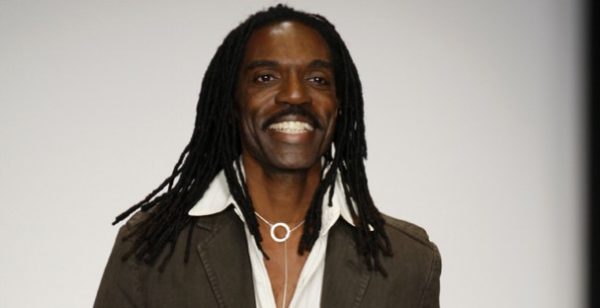
Kevan Hall
Actresses Angela Bassett and Salma Hayek are two of the celebrities who appreciate Hall’s refusal to go trendy and adore his sexy but tasteful evening gowns. He focuses on sophistication and elegance in his Kevan Hall Collection that launched in 2002.
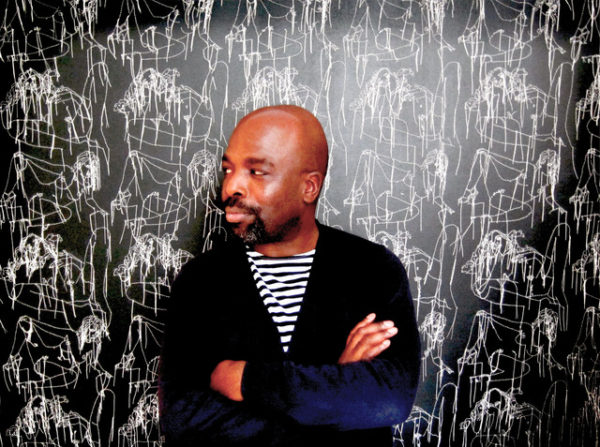
Duro Olowu
Since 2004, Olowu has used vibrant color palettes and pattern on pattern pairings to attract some of the most identifiable people in the world. No less than Michelle Obama has worn items from his high-spirited collections. The first lady wearing your creations is the ultimate stamp of success and influence.
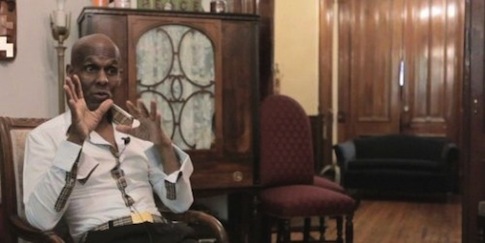
Dapper Dan
Working from Harlem, Dapper Dan was a force in hip-hop fashion just around the time it started to go mainstream in the early 1980s. At first he took the fabric from MCM, Louis Vuitton and others and repurposed them into custom pieces. That idea took him to the forefront of hip-hop culture, from creating for neighborhood people to rap icons Eric B. and Rakim, Funkmaster Flex, Salt-N-Pepa and boxer Mike Tyson.

Arthur McGee
McGee flourished through the intense years of segregation, graduating from the Fashion Institute of Technology in the 1950s and pressing forward despite vast racial discrimination. He was the first Black to have his line in high-end stores like Bergdorf Goodman, Saks Fifth Avenue and Bloomingdale’s. He was known for bringing an “African and Asian aesthetic to his relaxed silhouettes.” Better than that was his commitment to serving as a mentor to young designers, which earned him the nickname “The Dean of African-American designers.
 Ozwald Boateng
Ozwald BoatengThis Londoner by way of Ghana has crafted sleek, stylish suits for actors Will Smith and Jamie Foxx, among others. He was charged to create the deft gear for films Ocean’s Thirteen and The Matrix, which says everything about his skill set and reach. His store on the legendary Savile Row in London was the first opened by an African.
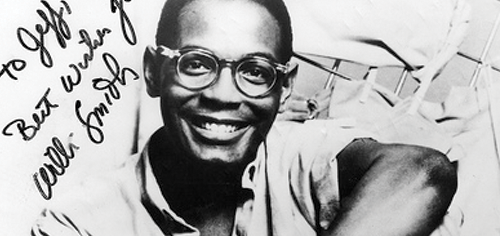
The Late Willi Smith
WilliWear, the comfortable, reasonably priced line for both genders, was what he called a “Street Culture” phenomenon. Smith died of AIDS in 1987, but he crafted a legacy of being among the first to mix and match stripes, plaids and colors. His work for females won the 1983 Coty American Fashion Critics’ Award for Women’s Fashion. Smith outfitted the cast of director Spike Lee’s School Daze












.jpg)





.jpg)




0Awesome Comments!